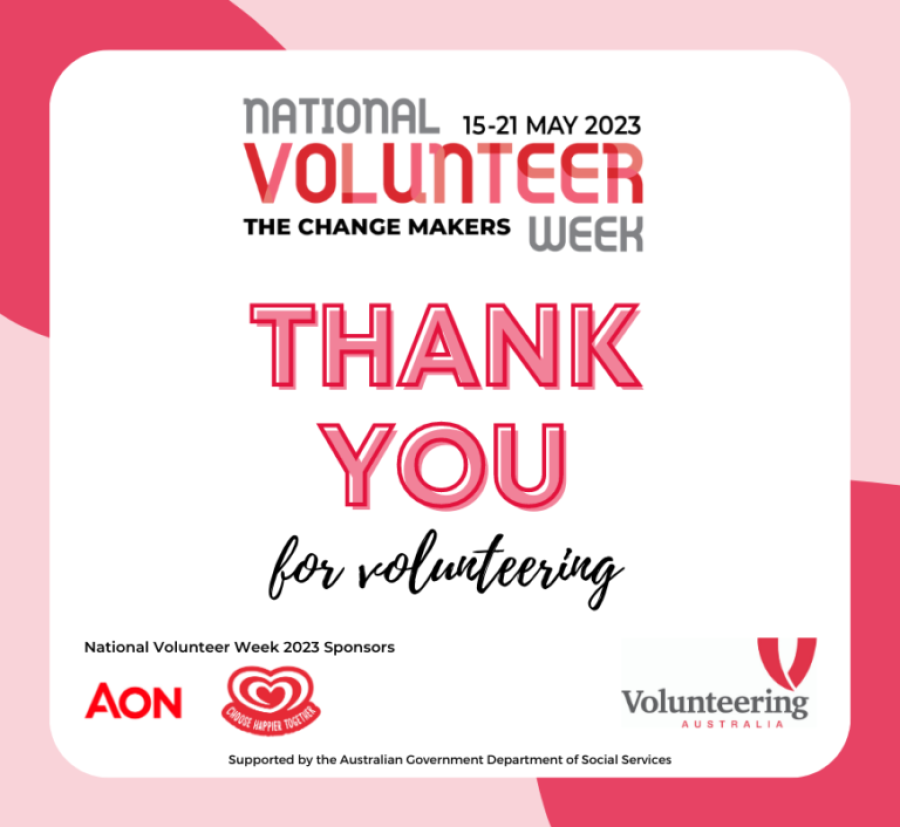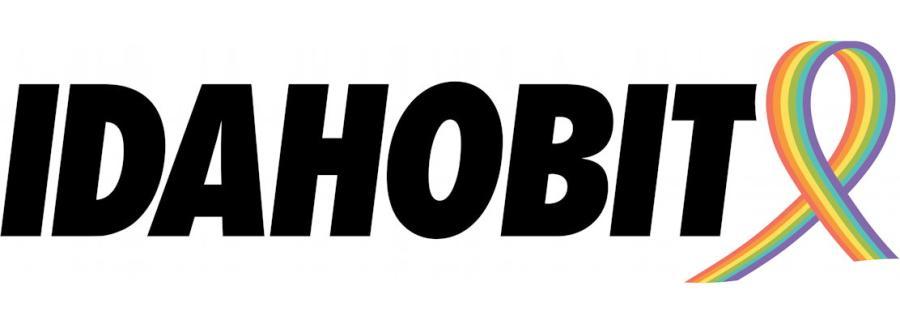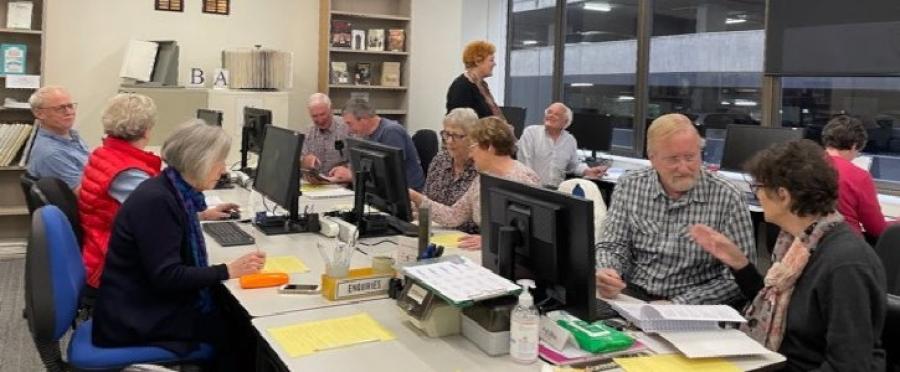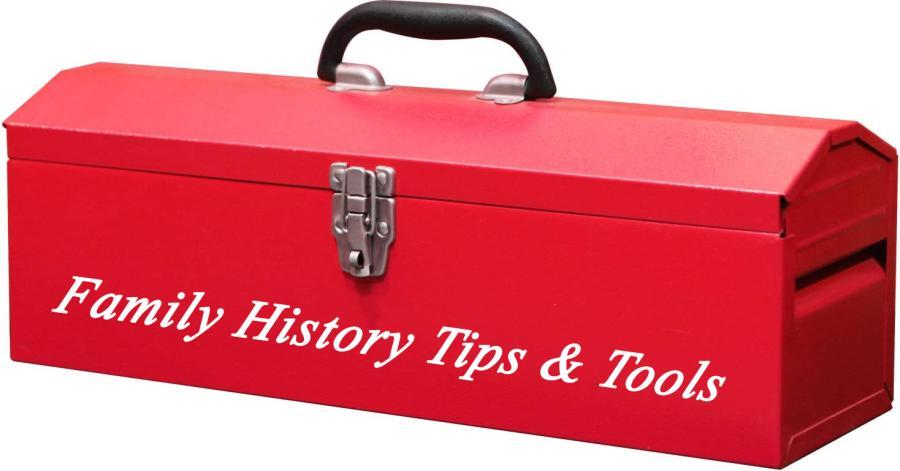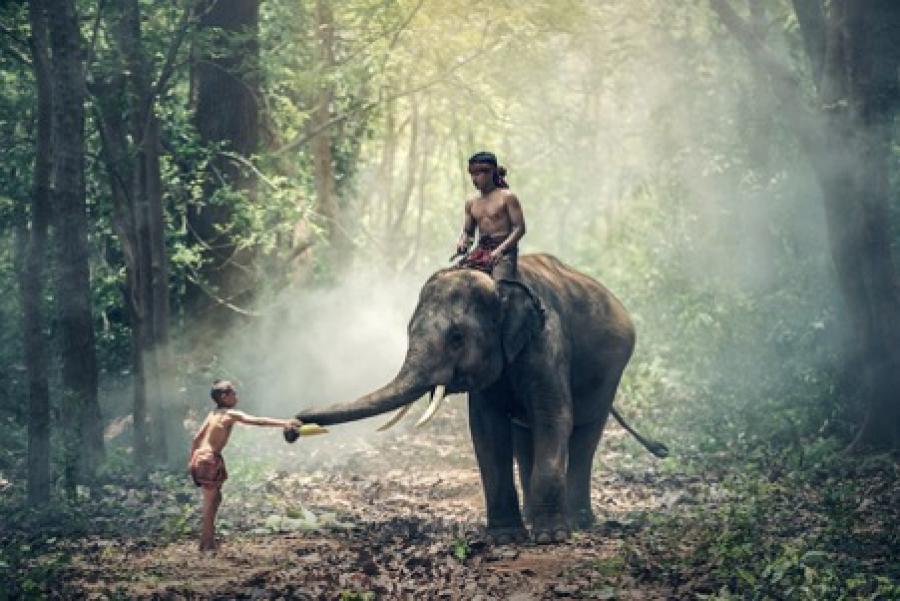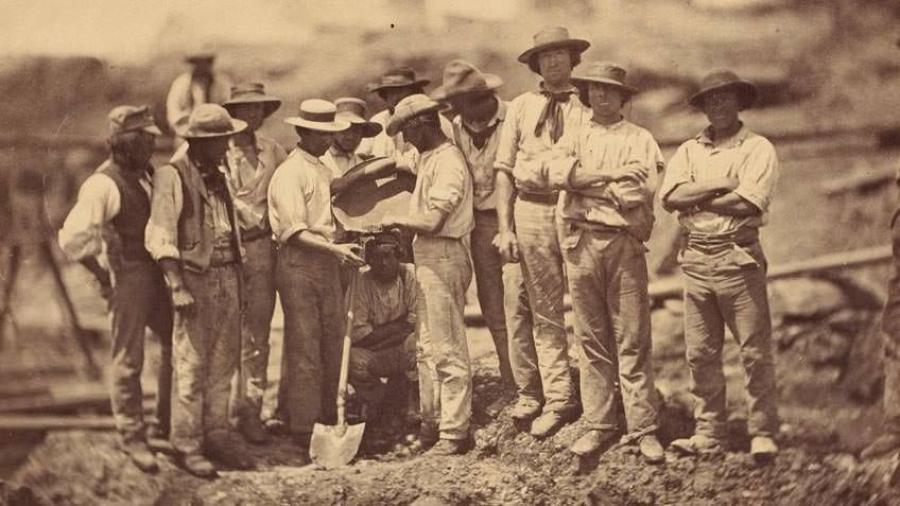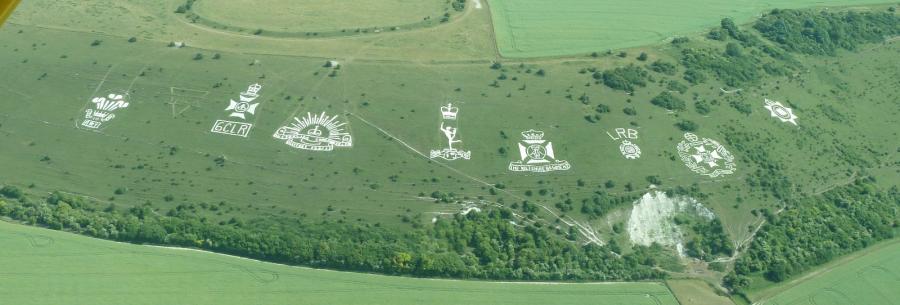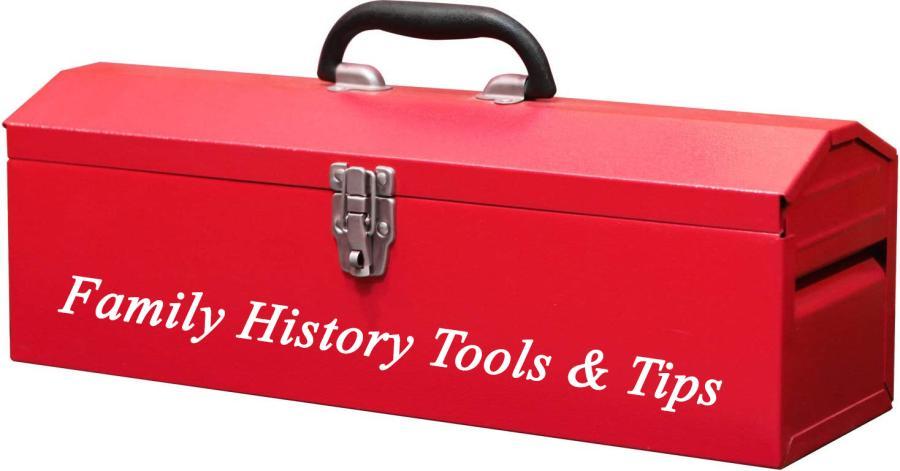How to Research and Use Australian Death Records
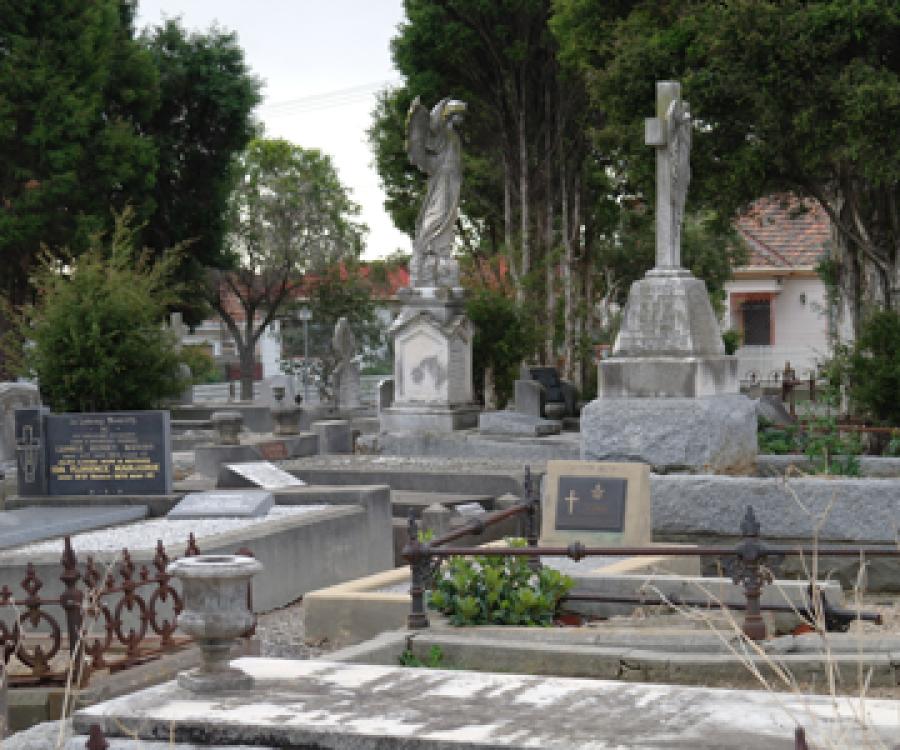
Having trouble find information about the death of your ancestor in Australia? Have you consulted all possible sources of information?
Come along to our Zoom talk ‘How to Research and Use Australian Death Records’ on Tuesday 13 June at 10.30 and learn about possible sources you can access. The talk will examine some of the ways that you can find out when someone died in Australia, the cause of their death and where and when they were buried.
During the talk we will discuss:
- the GSV data-bases
- sources of Australian State BDMs
- the Ryerson Index and other databases that list obituary notices in Australian newspapers
- access to wills, probate and inquests records
- methods of researching death notices through TROVE
- cemetery records that are online and/or available through Family Search. We will also look at sites such as BillionGraves and Find a Grave
- the Australian Archives are also a useful resource particular in relation to World War records
There will be time for discussion and questions. Those who are not GSV Members may join this event for a fee of $20 which will be credited again your joining fee if you become a GSV Member prior to the end of June.
To join in the event Members should register through the GSV Event system and Non-Members should contact the GSV Office on +61 3 9662 4455 during business hours.
Rod Armstrong and David Down


